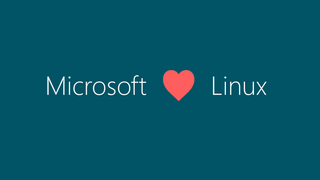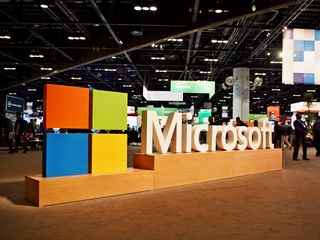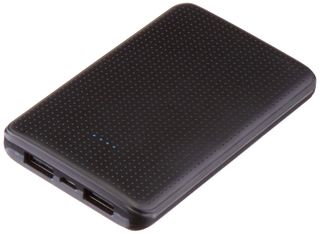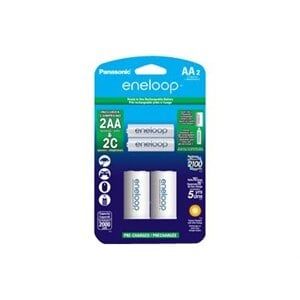Microsoft wants to join private Linux security developer board
Microsoft continues to expand its newfound love for Linux.


What you need to know
- Microsoft has applied to become a member of a closed group of Linux developers that reports and discusses security vulnerabilities before they're made public.
- The company made the request on June 26, noting its work on the Windows Subsystem for Linux, Azure Sphere, and more.
- Microsoft would join others like Oracle, Amazon Web Services, Redhat, SUSE, and more.
Microsoft recently applied to become a member of a private group of Linux developers focused on addressing security vulnerabilities (via ZDNet). While Linux development is typically done openly, the group — comprised of developers from big names like Amazon, Redhat, Debian, and FreeBSD, among others — is tasked with discussion and reporting security issues before they are revealed to the public.
In the application for membership, Microsoft Linux kernel developer Sasha Levin lays out the case for Microsoft's inclusion, noting the company meets a portion of the criteria through its work on Azure Sphere, a Linux-based IoT device; the Windows Subsystem for Linux; and Azure HDInsight and the Azure Kubernetes Service.
"Microsoft has decades long history of addressing security issues via MSRC," Levin argues, referring to the Microsoft Security Response Center. "While we are able to quickly (1-2 hours) create a build to address disclosed security issues, we require extensive testing and validation before we make these builds public. Being members of this mailing list would provide us the additional time we need for extensive testing."
If Microsoft's application is approved, the company could participate in private security discussions and would be expected to contribute to developing solutions.
Microsoft has been much more active in the Linux community in recent years. Whereas the company once took an adversarial approach to Linux, Microsoft has pushed to more openly embrace open-source software. In 2018, for example, Microsoft joined the Open Invention Network, which aims to protect Linux and other open source software by opening up its patents to other members. The Windows Subsystem for Linux has also been a major focus for developers, allowing Linux distros natively in Windows.
Portable (and affordable) power accessories we love
Each and every one of these charging gadgets will keep your favorite gear and gadgets going for longer, and none of them costs more than $30.

VisionTek 8,000 mAh micro-USB power bank ($13 at Dell)
Get the Windows Central Newsletter
All the latest news, reviews, and guides for Windows and Xbox diehards.
This compact dual-output powerbank can speedily recharge any and all your devices, thanks to a two-amp "fast charge feature," using its micro-USB out port. Its simple design includes an LED indicator, and it costs about as much as a single ticket to the movies.

Panasonic eneloop AA batteries (From $13 at Dell)
Panasonic's rechargeable batteries are among the best available, and just a couple of them will keep your favorite remote, mice or other peripherals powered up when you need them. They're also eco. And the company's affordable charger fits and charges both AA and AAA batteries at the same time.

Belkin Qi Wireless Charging Pad ($30 at Dell)
This unobtrusive Qi wireless charging pad looks good (and kind of like a UFO …) and easily charges all your Qi-compatible device up to 5W. Its LED indicator lights up when you're charging. And it costs just $30.
Dan Thorp-Lancaster is the former Editor-in-Chief of Windows Central. He began working with Windows Central, Android Central, and iMore as a news writer in 2014 and is obsessed with tech of all sorts. You can follow Dan on Twitter @DthorpL and Instagram @heyitsdtl.

